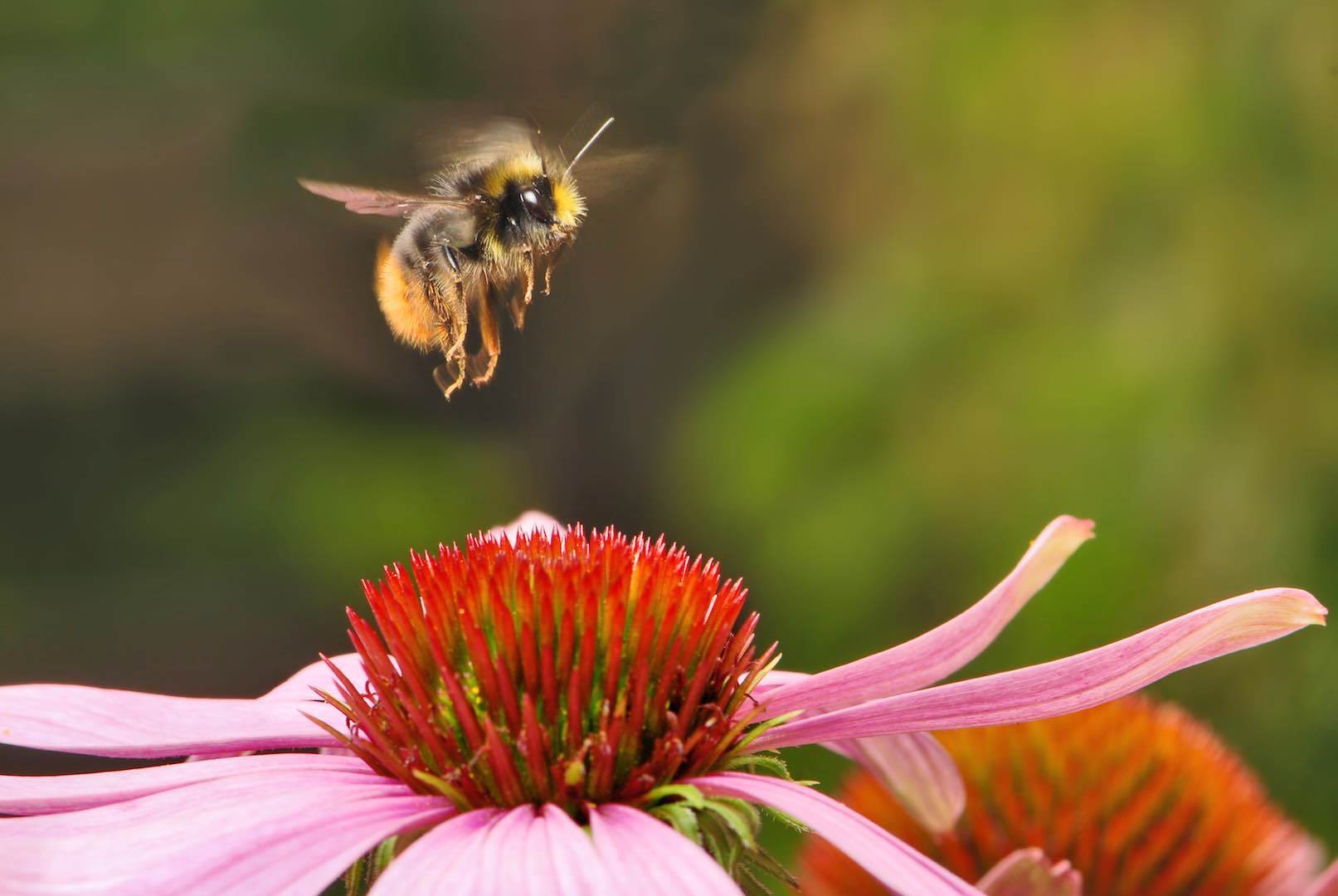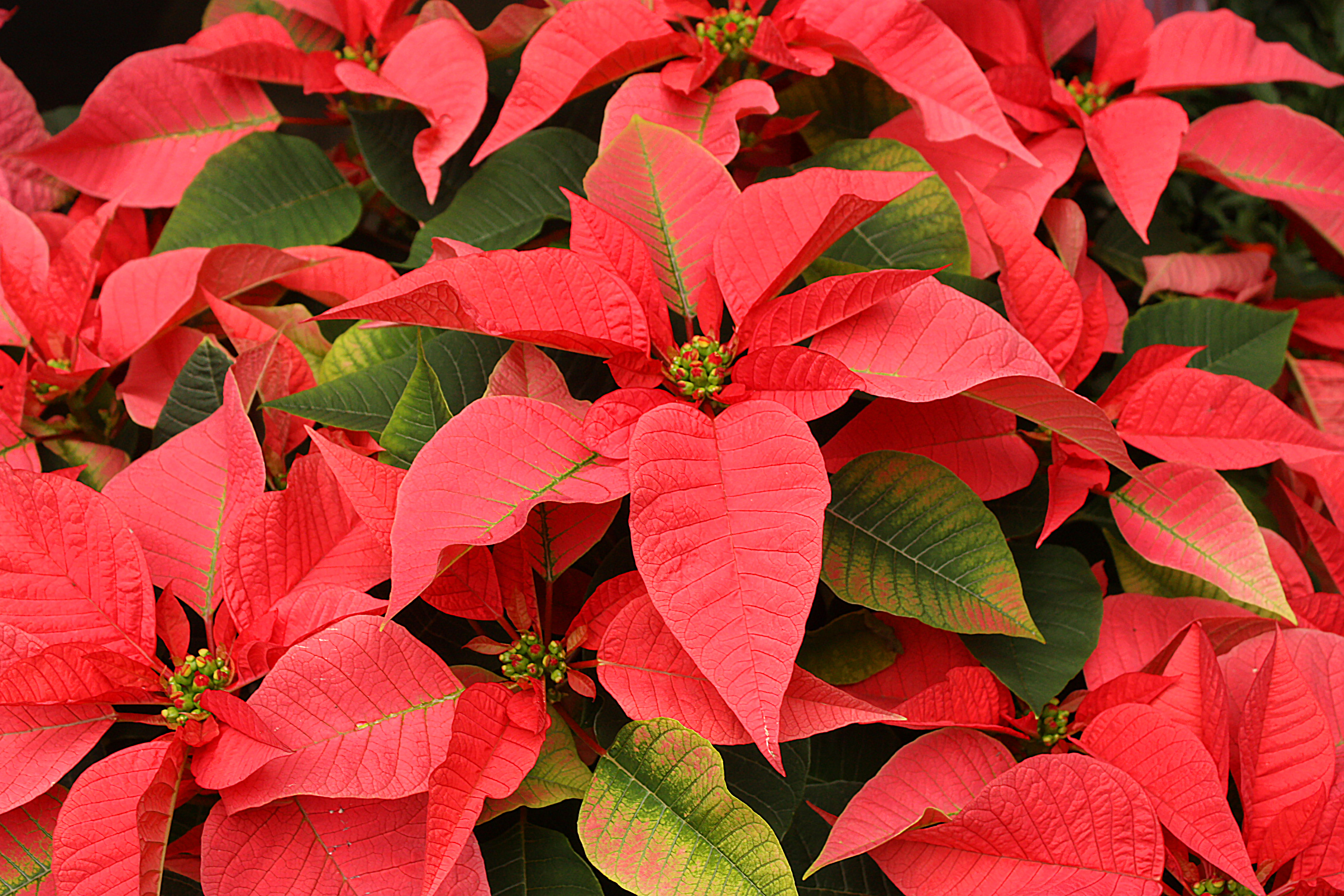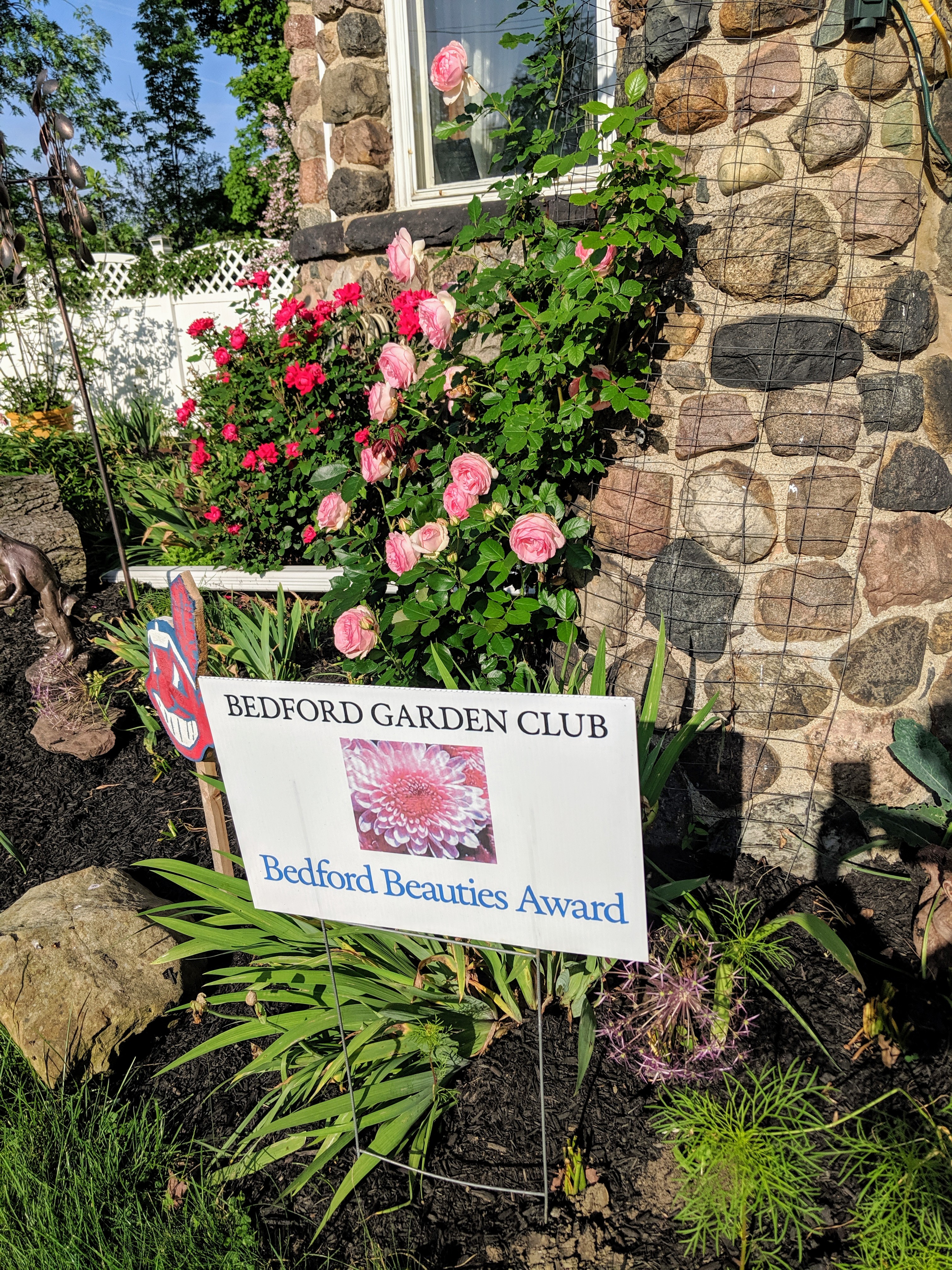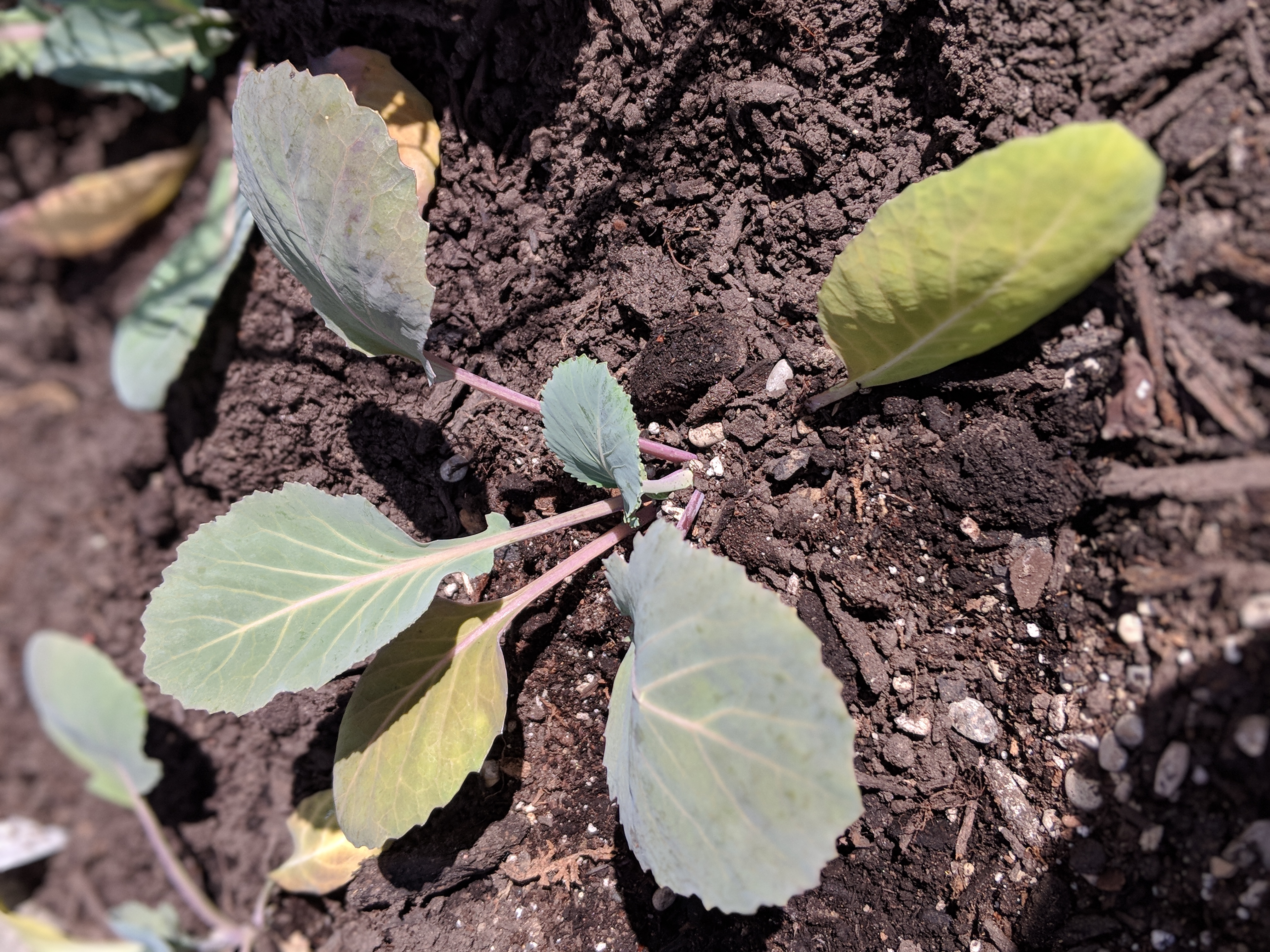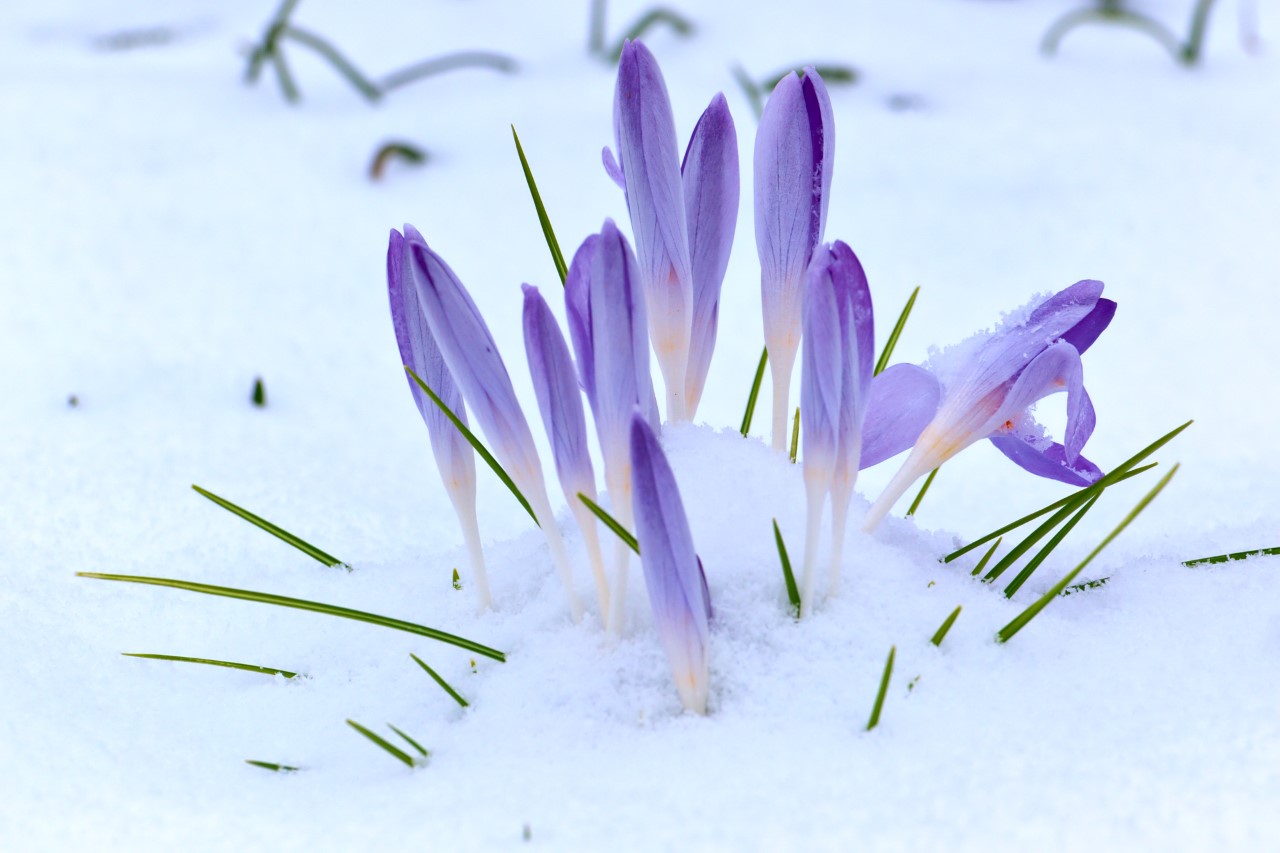Bees are in decline across the country, but every gardener can do his or her part to support these important pollinators, even here in Bedford. It’s not difficult to plan a garden, or even just one bed that will encourage native bees to come to your yard. By providing them with the right plants and other elements, you can help bees thrive in Bedford and the surrounding local area.
The Importance of Bees
Why should we care about bees? These insects are the most important pollinators, and without them we would not get fruits from our trees and gardens. More than other pollinating animals, bees are specifically adapted to move pollen from one plant to another, which ensures fruit production. Their daily movement of pollen also helps keep native species going, even those we don’t eat.
The use of pesticides, along with harmful pathogens, invasive species, and a decline in foraging foods have all contributed to the decline of bee populations in all states. While no individual can solve all these problems, the choices we make in our own backyards add up and can make a positive impact on bee numbers.
Focus on Flowers
Bees need flowers. It’s how they eat and survive. In fact, the wide variety in the appearance of different types of flowers is likely due to evolutionary changes that attract pollinators, including bees. The more flowers you have in your garden, the more bees you’ll have. Some particular varieties to choose for Ohio bees are:
- Flowering trees, like serviceberry and crabapple.
- Sunflower.
- Aster.
- Hyssop.
- Purple coneflower.
- Penstemon.
- Milkweed.
- Lobelia.
- Wild bergamot.
- Spotted be balm.
- Wild indigo.
- Coreopsis.
- Herbs, including lavender, oregano, basil, and mint.
In general, choose flowers that are open during the day when bees feed. Plant a mix of flower types that will keep your garden blooming spring through fall, so there is always something to support bees. Pick native flower varieties to feed your local bees.
Other Gardening Elements to Help Bees
In addition to the plants, other choices you make for your garden impact bees. For instance, use of pesticides can kill them. Avoid pesticides when possible and use organic solutions to deal with pets instead. If you do have to use these chemicals, do it at night when bees have left the garden.
Bees also need water, like any animal. Provide some shallow sources of water with some rocks on which bees can land. A bird path with a few flat rocks in it is a good option. Even just a shallow tray, like an old plant tray, situated on the ground will work.
Many native bees nest in the ground or in cavities. They need good nesting sites in your yard, so don’t be too tidy. Keep some areas natural and avoid putting down weed cloth or too much mulch in all spots around your yard.
Helping bees recover and perhaps thrive again benefits us all. You need bees to keep your garden growing and to provide the food we all eat. Provide bees with what they need and you get so much in return.

